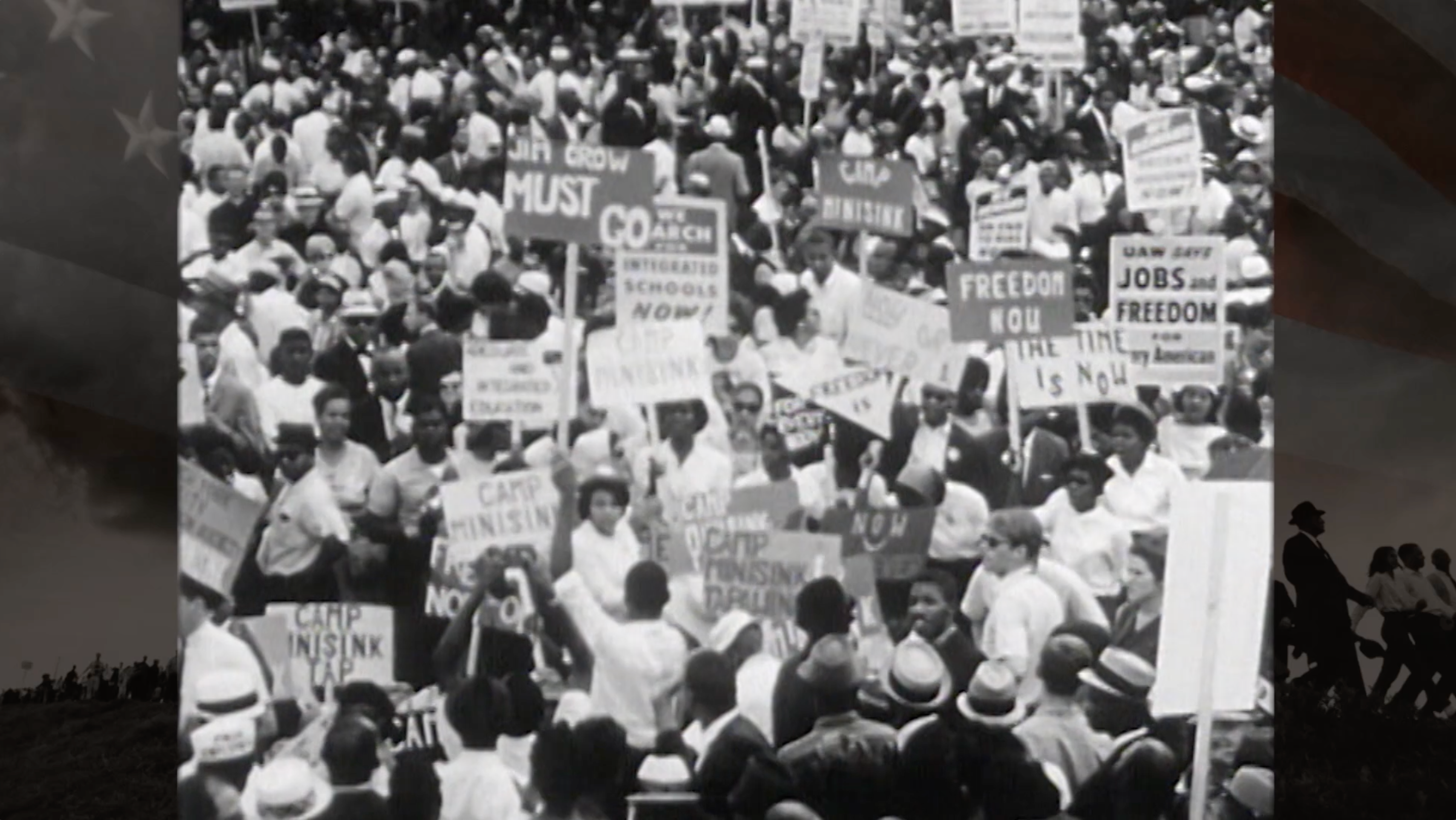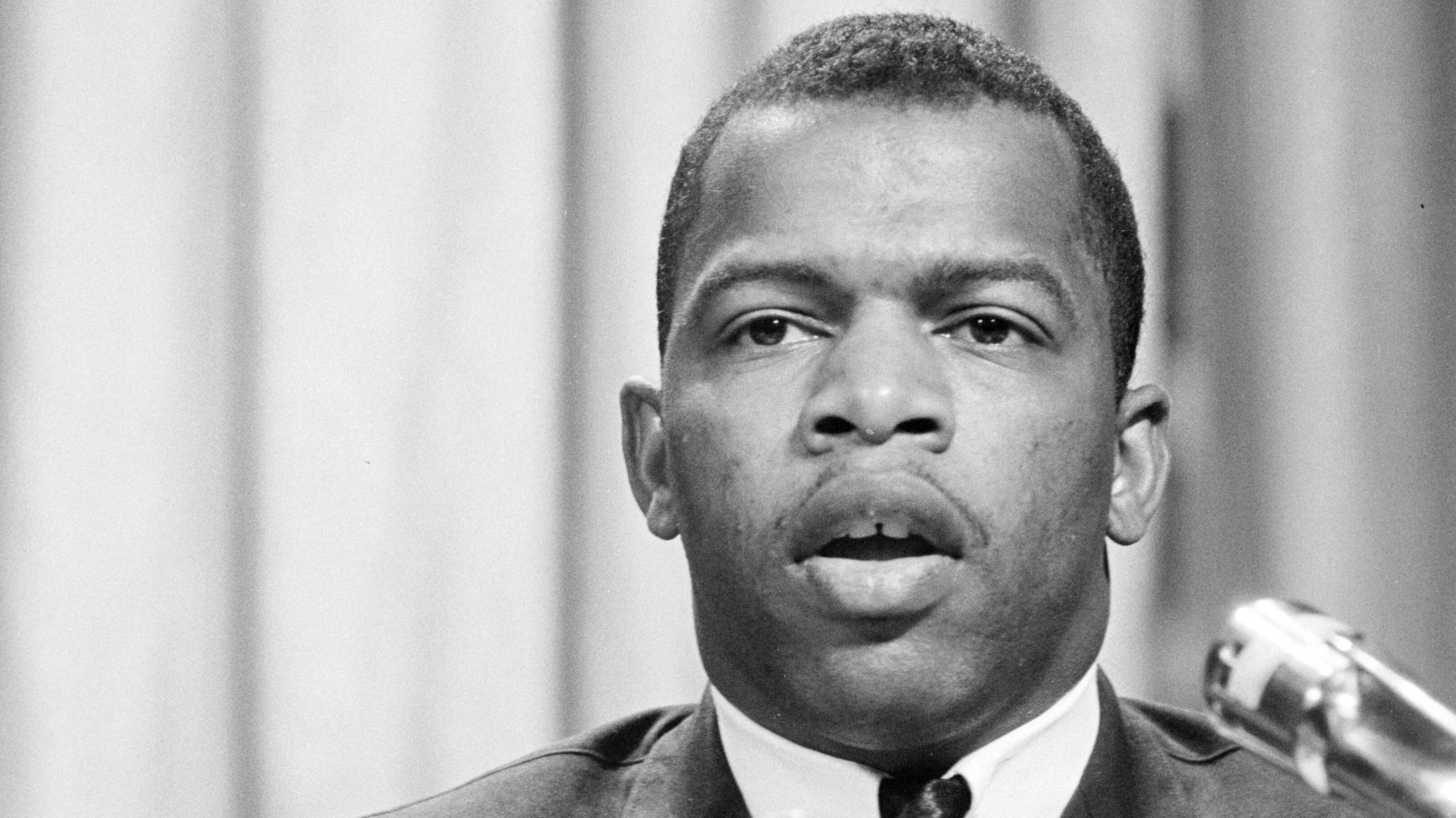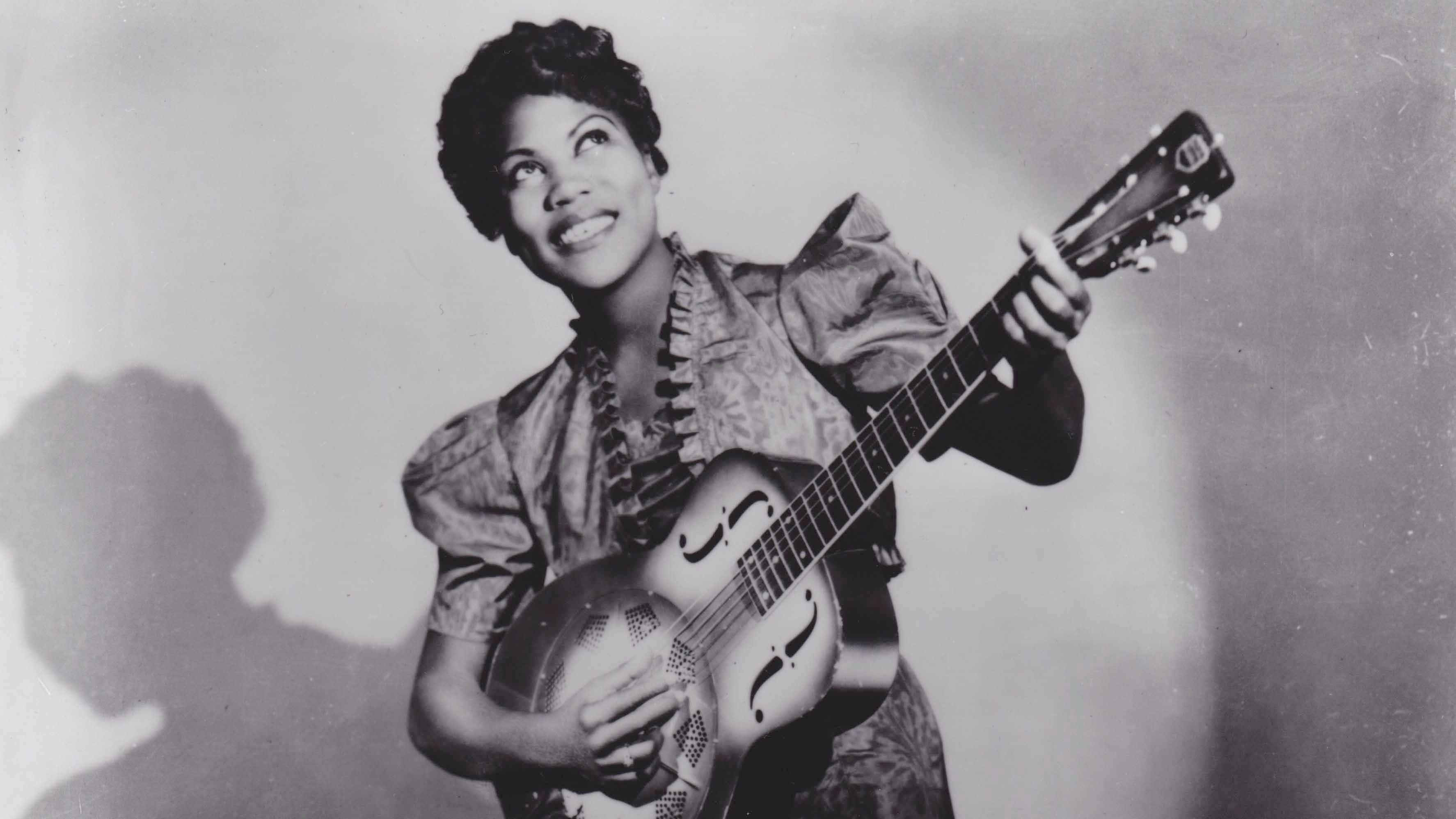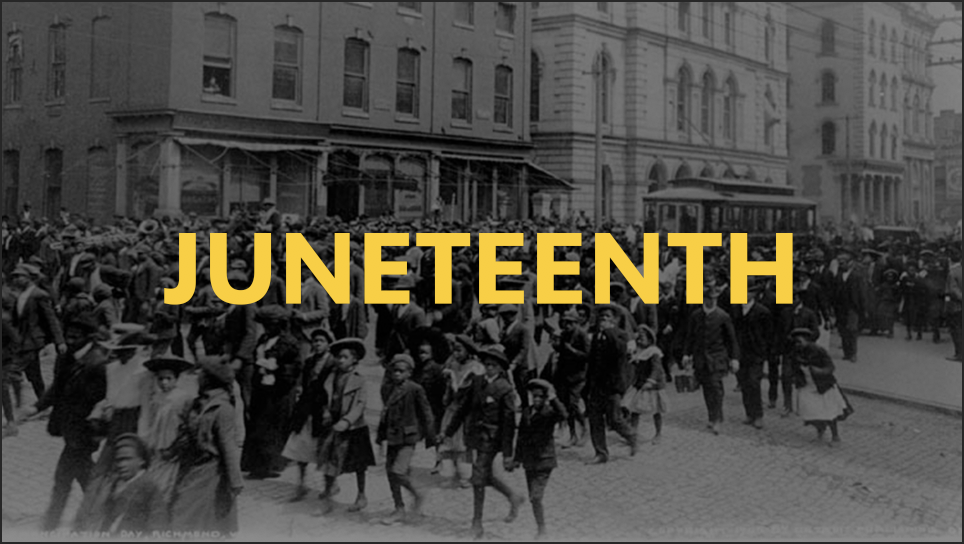Learn About the 1963 March on Washington for Jobs and Freedom
On August 28, 1963, approximately 250,000 people from all over the country gathered on the National Mall in Washington, D.C. to protest racial discrimination and injustice. The 1963 March on Washington for Jobs and Freedom was a historic event and a turning point in the Civil Rights Movement.
We've compiled documentaries about who attended and who helped organize the march. Hear people share their memories and experiences of that historic day. Learn about the march's organizers and how their experiences in civil rights and social justice activism shaped the 1963 March on Washington. We hope you gain new insights into ways in which it made lasting impacts, even decades later.
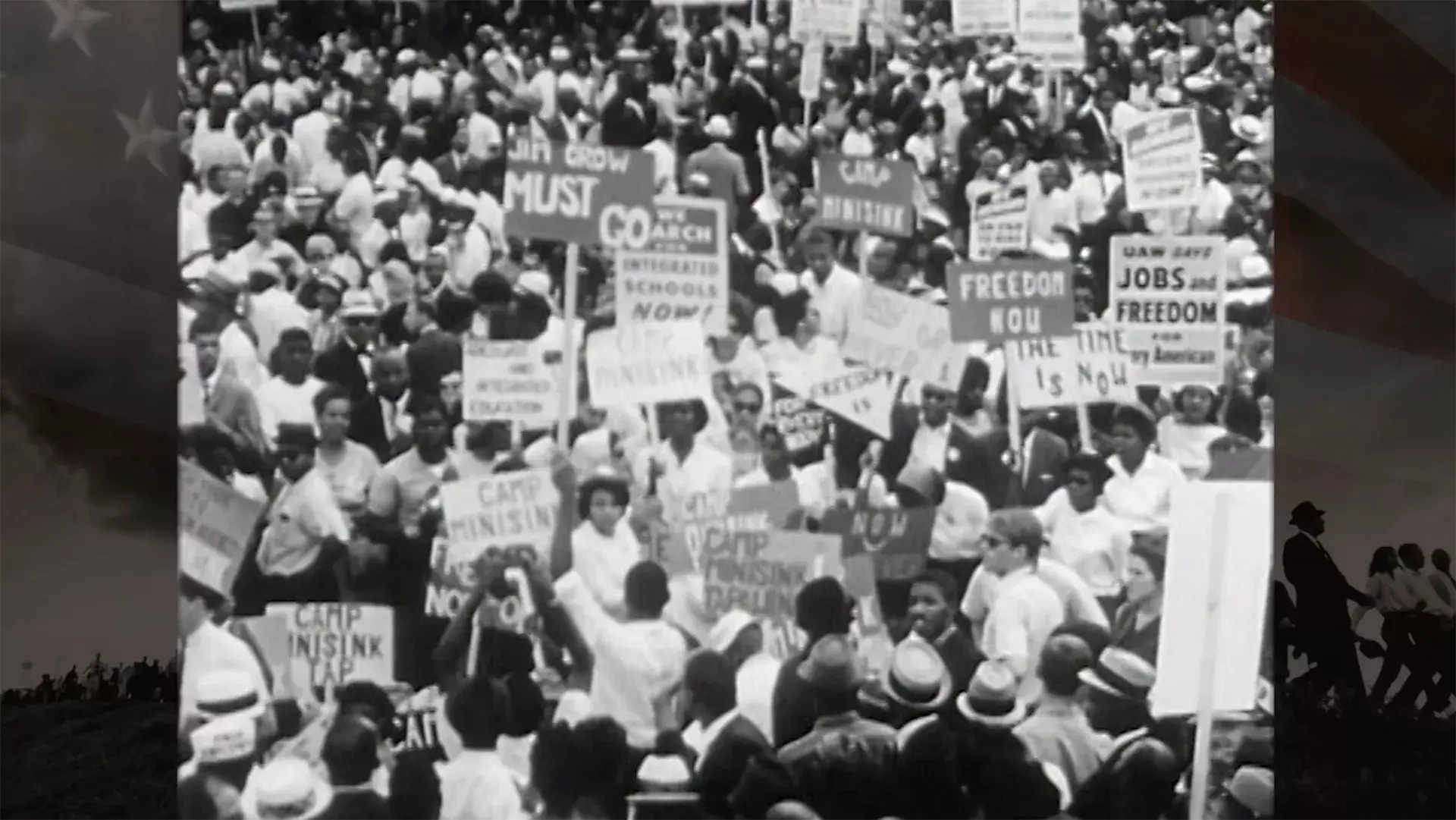
What was the 1963 March on Washington for Jobs and Freedom?
1963 was a key year for civil rights and social change in the country. Several civil rights organizations worked together to help plan the demonstration in Washington D.C. The march was a clarion call to all who supported the Civil Rights Movement to make their voices heard. People from all over the country answered, and on August 28, 1963 approximately 250,000 people of all races, religions, and backgrounds gathered to urge President John F. Kennedy and Congress to support and enact strong federal civil rights legislation.
The date was chosen because it was the eighth anniversary of the murder of Emmett Till and 100 years after the signing of the Emancipation Proclamation. In the shadow of the statue of Abraham Lincoln, organizers spoke directly to the 250,000 demonstrators about the need for civil rights laws that would end discrimination in employment, education, and voting rights.
Demonstrators gathered at the U.S. Capitol then walked the mile-long National Mall to the Lincoln Memorial, where a three-hour long program took place.
We can actually listen to radio coverage from the Educational Radio Network (a small group of radio stations in 1963 that included GBH) from the entire day. Every speech, song, and in-between remark was recorded and transcribed, and these recordings are now in the GBH Archive. A special March on Washington collection is available online as part of GBH OpenVault and it offers 15 hours of coverage, including numerous interviews with attendees and participants at the event.
Watch For Jobs and Freedom: A Black Nouveau Special
A Milwaukee PBS Special
On August 28, 1963, roughly 250,000 Americans participated in the "Great March on Washington for Jobs and Freedom." Organized by labor and social activists A. Philip Randolph and Bayard Rustin, the event brought together major Civil Rights Organizations, Labor Unions, religious leaders, and ordinary citizens.
Who organized the 1963 March on Washington for Jobs and Freedom?
Longtime labor activists and civil rights organizers Bayard Rustin and A. Philip Randolph were the architects of the 1963 March on Washington. They assembled a group of civil rights leaders to come together and help plan what would become a turning point in the Civil Rights Movement. The core organizing committee was called the "Big Six" in reference to A. Philip Randolph of the Brotherhood of Sleeping Porters and five other heads of important civil rights organizations. They represented different factions of the Civil Rights Movement, some of them had worked well together before the march and some had disagreed on tactics and strategy. John Lewis was the leader of the Student Nonviolent Coordinating Committee (SNCC). Rev. Dr. Martin Luther King, Jr. represented the Southern Christian Leadership Conference (SCLC). Roy Wilkins was the head of the NAACP. Whitney Young was the director of the National Urban League. Last, but not least, James Farmer was a co-founder of the Congress of Racial Equality (CORE).
Although the "Big Six" organizers were all men from prominent civil rights organizations, we want to spotlight some of the women who were part of the March on Washington. Though they were not all invited to join the organizing committee, Dorothy Height, Anna Arnold Hedgeman, and Daisy Bates each contributed to the success of the march.
Support your local PBS station in our mission to inspire, enrich, and educate.
Watch Eyes on the Prize
EYES ON THE PRIZE tells the definitive story of the civil rights era from the point of view of the ordinary men and women whose extraordinary actions launched a movement that changed the fabric of American life, and embodied a struggle whose reverberations continue to be felt today. Narrated by political leader and civil rights activist Julian Bond (1940-2015).
Add to Your WatchlistDid you know about Detroit's Walk to Freedom and its connection to the March on Washington?
In 1963, a major civil rights march took place and it was, at the time, the largest demonstration in history. At that event, Rev. Dr. Martin Luther King, Jr. gave a speech in which he included a refrain about a dream he had.
It sounds like the August 28, 1963 March on Washington for Jobs and Freedom, but we’re actually talking about the Detroit Walk to Freedom, which took place two months prior, on June 23, 1963. At the time, much of the national attention on civil rights activism was concentrated on southern states like Alabama and Mississippi, but the Detroit Walk to Freedom focused conversations of racial injustice in the northern states.
June 23, 1963, was chosen by the organizers, the Detroit Council on Human Rights, because it acknowledged the 100th anniversary of the Emancipation Proclamation and the 20th anniversary of the 1943 Detroit race riots that had left 34 people dead. Rev. Dr. Martin Luther King, Jr. agreed to lead the Detroit Walk to Freedom and take the opportunity to shed light on the racial discrimination in jobs, housing, education, and other areas of life in Detroit. On that day, 125,000 Detroiters joined Dr. King in peaceful protest along Woodward Avenue in Detroit’s downtown.
Special thanks to Detroit Public TV (DPTV) for sharing information and resources about the Walk to Freedom. Find out more about Dr. King's connections to Detroit and the city's role in the Civil Rights Movement from DPTV shows like OneDetroit and American Black Journal.
Explore American Black JournalWhat connection does Motown Records have to the 1963 March on Washington?
When Rev. Dr. Martin Luther King, Jr. agreed to lead the Detroit Walk to Freedom, Motown Records founder Berry Gordy recognized how historic this event would be so he offered his Hitsville studio resources to record King’s speech.
Although he had previously shied away from making political statements with his star-making record company, Gordy believed that this speech, as well as many other Dr. King’s speeches, should be heard by everyone.
Similarly, Dr. King had previously disapproved of Motown’s sound as he felt it often blurred secular and church music, but was convinced after meeting in Detroit. Motown records released “The Great March to Freedom: Martin Luther King Speaks, June 23, 1963.”
After the Walk to Freedom, Gordy made an arrangement with Dr. King to record more of his speeches, including his remarks just two months later at the historic March on Washington for Jobs and Freedom. So Motown Records and its founder Berry Gordy make an agreement Rev. Dr. Martin Luther King, Jr. to record his speeches after the Detroit Walk to Freedom in June 1963.
On August 28, 1963, the day of the historic March on Washington for Jobs and Freedom, Berry Gordy had arranged to record Dr. King’s speech. Motown Records’s music production experts set up a microphone at the speaker’s podium. The one where people like Dr. King and Congressman John Lewis, then-leader of the Student Nonviolent Coordinating Committee, would give speeches to the estimated 250,000 attendees. The one where vocal powerhouses Mahalia Jackson and Marian Anderson would sing.
Motown’s was not the only microphone at the March on Washington, but it was one that captured Dr. King’s I Have a Dream speech, in its entirety, with flawless sound quality.
After Dr. King’s death in 1968, Gordy released a compilation of Dr. King’s speeches and sermons under his Motown label. Gordy later established a spoken-word label that included poetry and speeches by leading Black intellectuals. Gordy launched Black Forum in 1970, and released Dr. King’s speech “Why I Oppose the War in Vietnam” under the label. Gordy cared deeply about the historical record of the civil rights movement. In 1998, when Gordy sold Motown to MCA, he gave the sole master copy of the recording from the March on Washington to Dr. King’s widow Coretta Scott King.
Special thanks to DPTV for their work in highlighting Motown Records' part in the historic 1963 March on Washington for Jobs and Freedom.

The best of PBS, straight to your inbox.
Be the first to know about what to watch, exclusive previews, and updates from PBS.
Hear from people who attended the 1963 March on Washington
Memories of the March (WQED Specials)
Pittsburgh area men and women were there; they share their thoughts of that day - and the events leading up to that time and the ensuing years.
50th Anniversary of the March On Washington (Connections)
Renee talks with Raoul Cunningham, president of the Louisville NAACP, who participated in the March on Washington in 1963 for civil rights. He shares his memories and how the national march influenced Kentucky. Former state Senator Georgia Davis Powers and others are also interviewed.
Memories of the March / Civil Rights Tour (American Black Journal)
We'll have the stories of 2 Detroit women who took part in the 1963 march. And, we'll preview a PBS documentary web series that examines how far we've come in 50 years. Plus, Detroit High School Students go on a civil rights history tour.
Memories of the March: Ulysses Brooks (WEDU Specials)
“We were really strong minded people and able to endure all of that kind of hatred, but the more incidents that happened to us, the more fight got into us.” At just 16 years old, Ulysses Brooks attended The March, climbing up into a tree during the event to get a vantage point over the crowd.
Memories of the March: Delano S. Steward (WEDU Specials)
“It is not ever over. It’s like polishing a diamond or painting your house. America is a continuum and you have to keep working on it to make it better.” Delano Steward was attending Harvard Law School when he attended The March on Washington in 1963.
The March on Washington 50 Years Later (Black Issues Forum)
The March on Washington for Jobs and Freedom was one of the greatest social protest demonstrations in America and helped to not bring about the signing of the Civil Rights Act but pave the way for the signing of a Voting Rights Act. Today, however, some question how far African Americans have come in overcoming. ECU's Dr. David Dennard and UNC's Gene Nichol share background and insights.
Dorothy Cotton | March on Washington (Upstate History Documentaries)
Dr. Dorothy Cotton was the Director of Education, and part of Dr. Martin Luther Kings trusted inner circle in the Southern Christian Leadership Conference. Dr. Cotton discusses the importance of the Citizenship Education Program she help develop, and explains how it played a pivotal role in the success of the March on Washington and other subsequent rallies.
March on Washington - Rep. Johnnie Turner (WKNO)
Produced in 2013 for the PBS special "The March on Washington", Rep. Johnnie Turner shares her memories of the march. Rep. Turner serves in the TN General Assembly for Dist. 85, and is a retired educator.
Celebrities who attended the March on Washington
Some of the biggest names in theater, Hollywood, sport, and literature were also in attendance at the 1963 March on Washington. Many of them had been active in the Civil Rights Movement already, but others found themselves called to the movement after witnessing the historic event in Washington, D.C.
In these clips, several of them discuss their involvement in the 1963 March on Washington and Civil Rights Movement. Click on their names to go learn more:

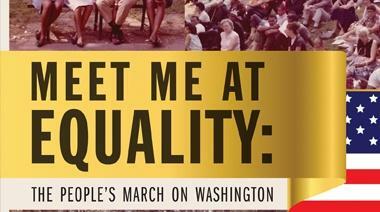
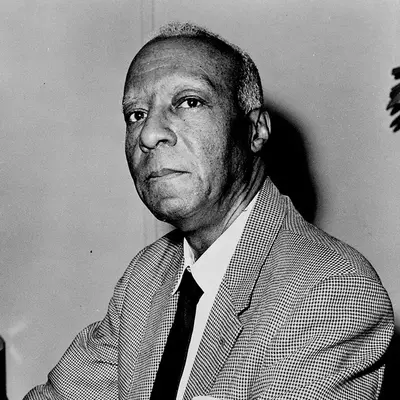 A. Philip Randolph
A. Philip Randolph
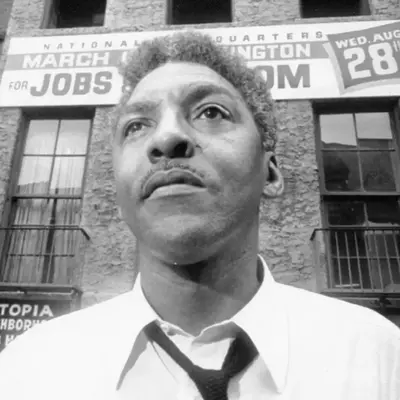 Bayard Rustin
Bayard Rustin
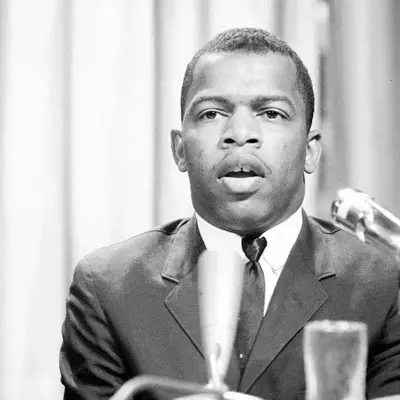 John Lewis
John Lewis
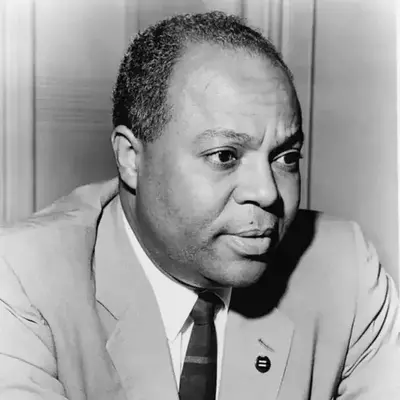 James Farmer
James Farmer
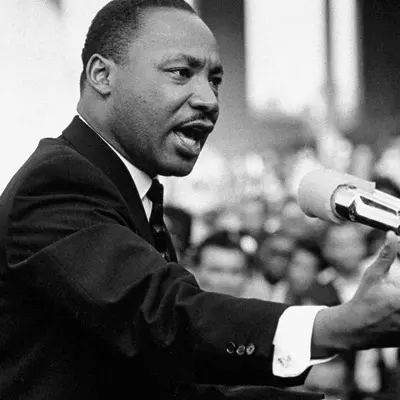 Rev. Dr. Martin Luther King, Jr.
Rev. Dr. Martin Luther King, Jr.
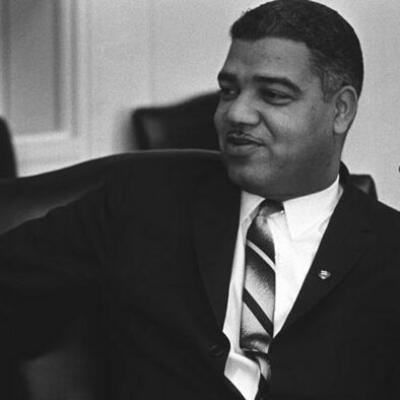 Whitney M. Young, Jr.
Whitney M. Young, Jr.
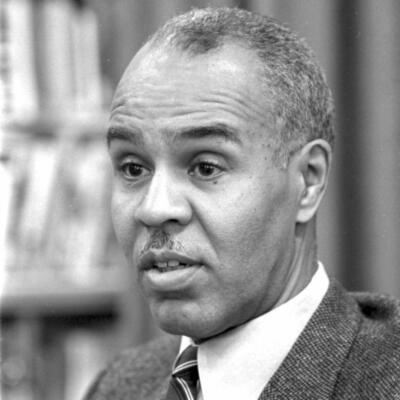 Roy Wilkins
Roy Wilkins
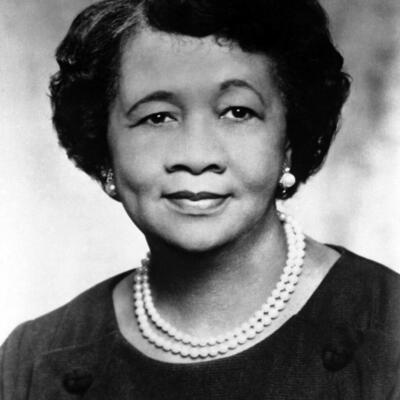 Dorothy Height
Dorothy Height
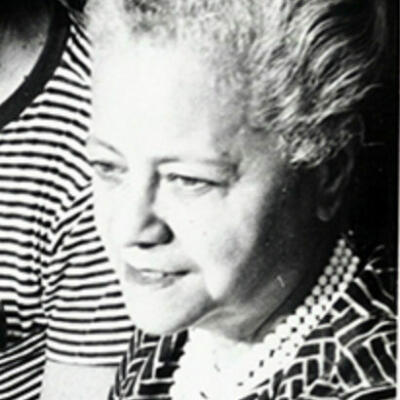 Anna Arnold Hedgeman
Anna Arnold Hedgeman
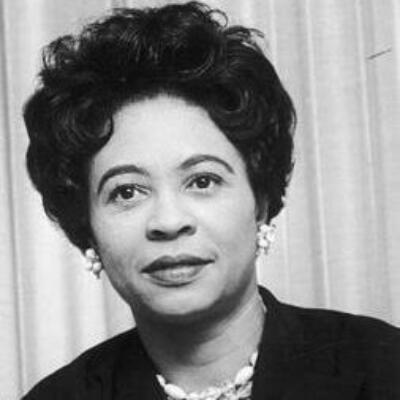 Daisy Bates
Daisy Bates
